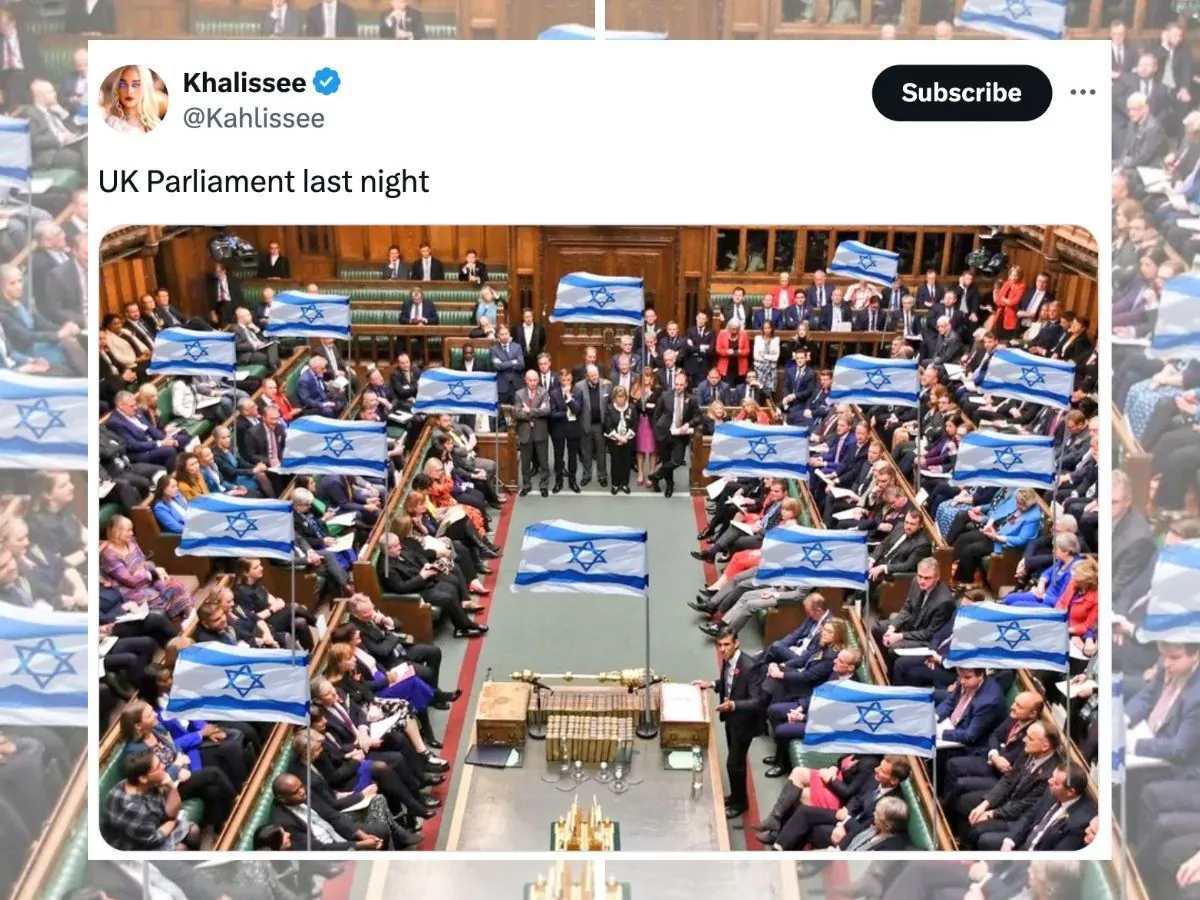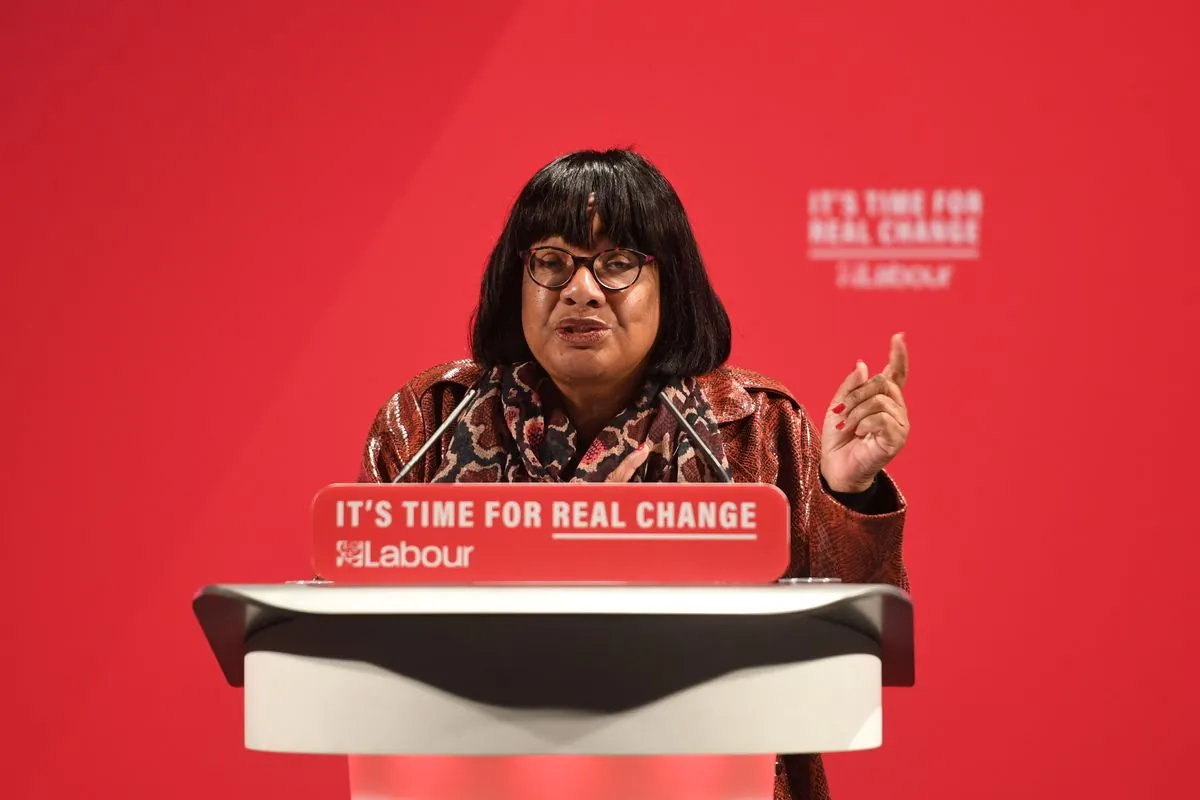UK Suspends Arms Exports to Israel: A Controversial Decision
The UK government's suspension of arms export licenses to Israel sparks debate. Critics argue it undermines support for an ally, while officials cite legal obligations amid ongoing conflict in Gaza.

The UK government's recent decision to suspend certain arms export licenses to Israel has ignited a fierce debate. This move comes at a sensitive time, less than a year after the Hamas attack on Israel on October 7, 2023, which marked the deadliest day in Israel's history.
Chief Rabbi Ephraim Mirvis, leader of the United Hebrew Congregations of the Commonwealth, expressed strong disapproval of the decision. His reaction reflects the concerns of those who view this action as potentially undermining support for a long-standing ally.
David Lammy, the Shadow Foreign Secretary, addressed Parliament regarding this matter. While affirming his support for Israel's right to exist and defend itself, his statement has been criticized for not fully acknowledging the complex security challenges Israel faces.
Critics argue that this suspension, affecting 30 arms export licenses, appears to be more of a political maneuver than a substantive policy change. The UK's arms exports to Israel are relatively limited, with sales totaling approximately £80 million. In contrast, arms sales to Qatar, which has been accused of supporting Hamas, amounted to £3 billion over a three-year period.

The decision raises questions about the UK's commitment to its allies. Israel has provided support to British military operations in past conflicts in Afghanistan and Iraq. The UK and Israel have maintained diplomatic relations since 1950, highlighting a long-standing partnership.
The ongoing conflict in Gaza presents significant humanitarian challenges. Gaza, one of the world's most densely populated areas, has suffered extensive damage and loss of life. The Israel Defense Forces (IDF) maintain that they follow a policy aimed at minimizing civilian casualties, though the complex urban environment makes this extremely difficult.
International humanitarian law, which governs the conduct of armed conflicts, is at the center of this debate. The UK government cites potential risks of violations as the reason for the license suspensions. However, critics argue that this standard could potentially apply to any weapons used in conflict situations.
This decision occurs against the backdrop of shifting political dynamics in the UK. The Labour Party, traditionally supported by many Muslim voters, may be attempting to regain favor with this demographic through this policy shift.
"I am a liberal, progressive Zionist, who believes in Israel as a democratic state and homeland for the Jewish people, which has both the right to exist and defend itself"
While condemning Hamas and its supporters, some argue that this decision may inadvertently embolden those who oppose Israel's right to self-defense. The situation remains complex, with no easy solutions in sight as the conflict in Gaza continues to unfold.


































